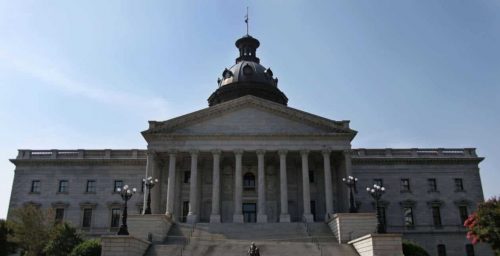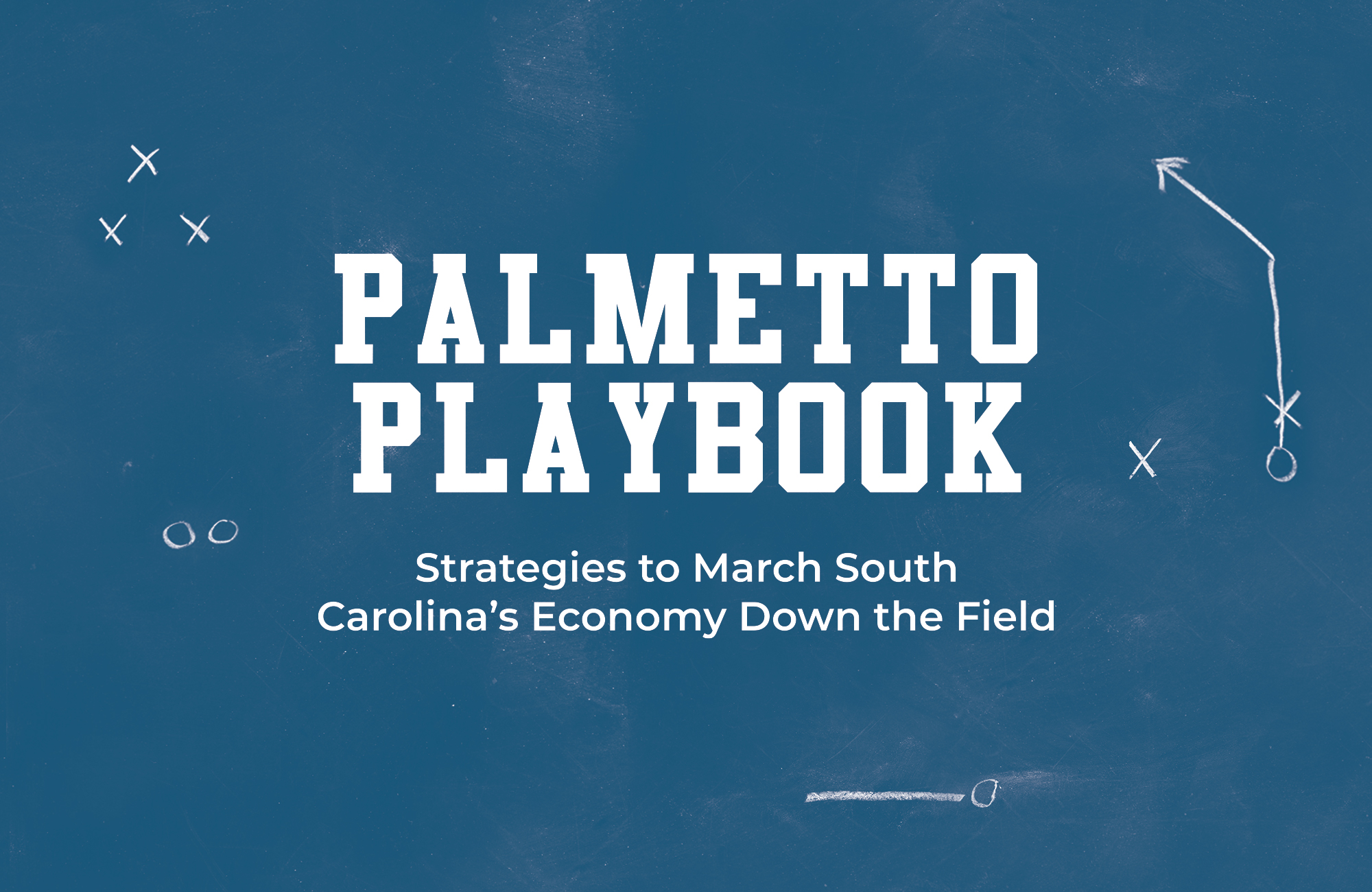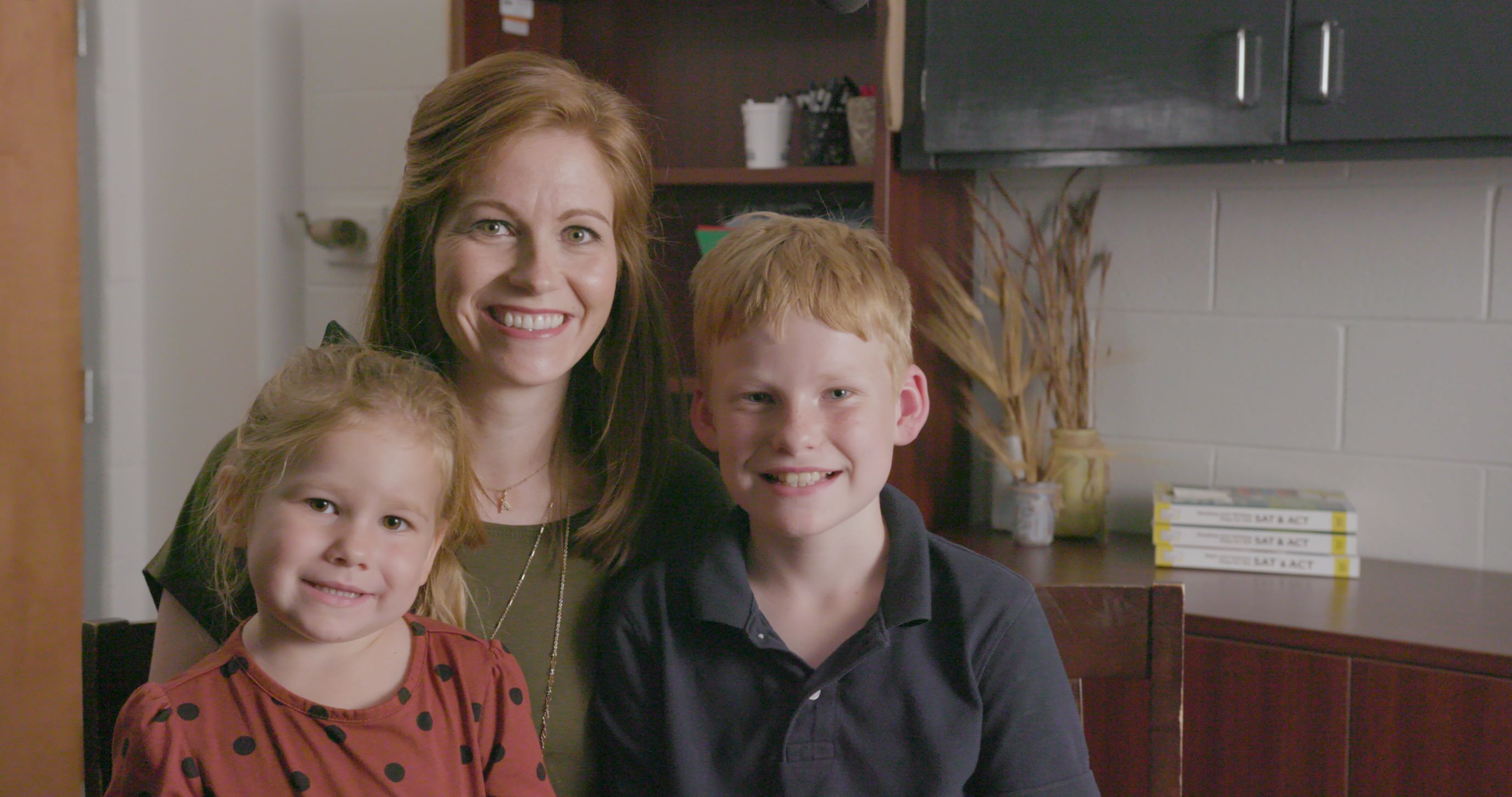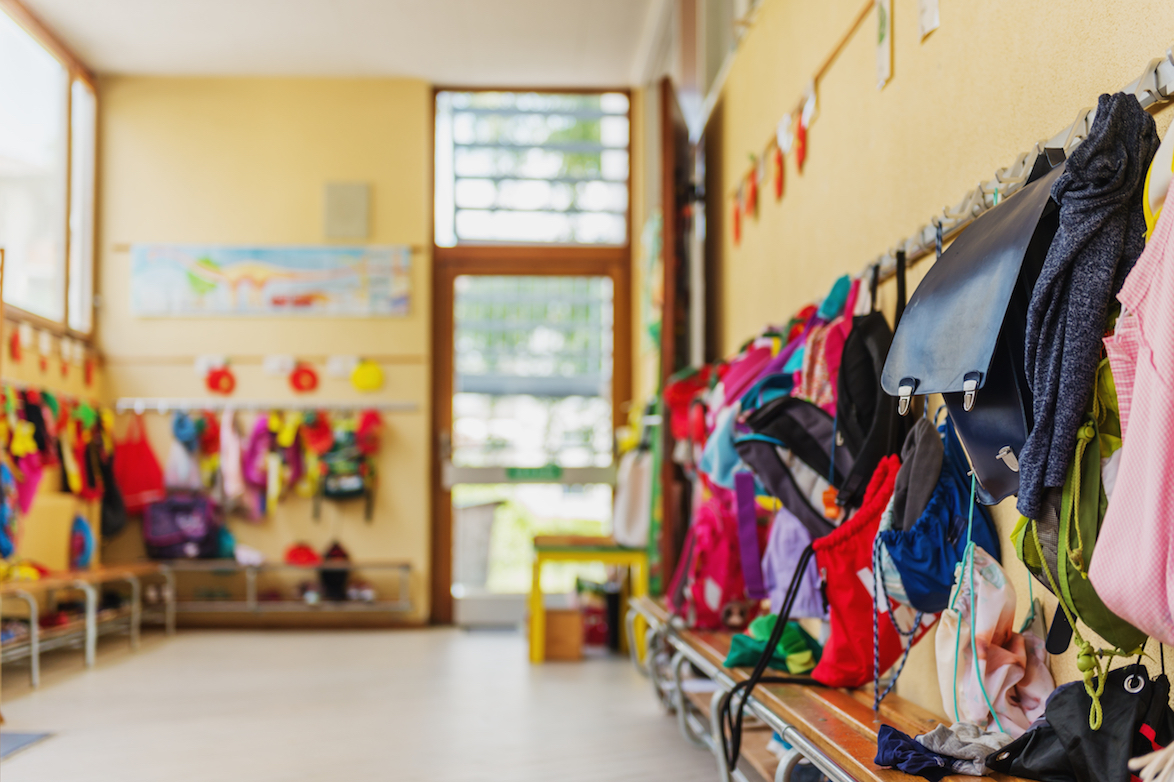Will South Carolina Learn COVID’s Tax & Budget Lessons?
As South Carolina budget writers continue to warily watch COVID-19’s impact on state revenue projections, what better time to take a look at how South Carolina generates tax revenue.
Tax economists generally advocate for a “3-legged” stool of taxation, a balanced combination of income, consumption (sales), and property taxes, to create revenue stability across the ups and downs of economic cycles. This stability (created by a long-overdue fundamental rebalancing of our tax system), paired with budget-writing prudence and a strong commitment to robust reserve funds, is the formula to break South Carolina’s historic “make more, spend more/make less, spend less” budget “strategy.”
According to a recent article from The Tax Foundation, South Carolina ranks #24 in the nation in terms of its overall reliance on income taxes to fund our state budget (23%). This is lower than GA (#13 at 28%), NC (#9 at 29%) and TN (#42 at 1.1%, with no income tax on wages and its “Hall tax” on dividends being phased out).
While it may appear that South Carolina is slightly more recession-ready than Georgia and North Carolina in terms of our overall reliance on income taxes to generate revenue, we must remember that South Carolina’s marginal income tax rate itself is the highest in the Southeast. This imposes a highly punitive rate on individuals and mom ‘n’ pop businesses, many of whom file as individuals. These small businesses are the lifeblood of our economy and just so happen to be the same folks who have taken it on the chin due to prolonged COVID-related closures.
| Top Individual Marginal Income Tax Rate – 2010 | Top Individual Marginal Income Tax Rate – 2020 | |
| GA | 6% | 5.75% |
| NC | 7.75% | 5.25% |
| SC | 7% | 7% |
| TN | No Wage-based Income Tax, Dividends and Interest Only | No Wage-based Income Tax, Dividends and Interest Only (currently being phased out) |
| SOURCE: Tax Policy Center | ||
So while income tax may represent a smaller percentage of South Carolina’s overall budget compared to our two nearest neighbors, it represents a larger percentage than it should of individual taxpayer’s budgets.
As we have stated many times, this excessive burden has led to an “infinite loop” of problems: our high rates lead taxpayers to petition for relief. And rather than step up to the plate and take on the special interests and their tax carve-outs, to-date, lawmakers have continued to kick the tax reform can down the road and instead continue to create new ad hoc exemptions to ease selective tax burdens. Which leaves the poor taxpayers remaining in the ever-eroding base no choice but to petition for relief, which leads to more exemptions, which further shrinks the tax base, which makes it even more challenging to cut rates and make our code competitive with our neighbors…and on, and on, and on it goes.
Will South Carolina learn the tax and budget lessons of COVID-19? Time will tell. It will take long-term thinking and legislative backbone to make it happen.





